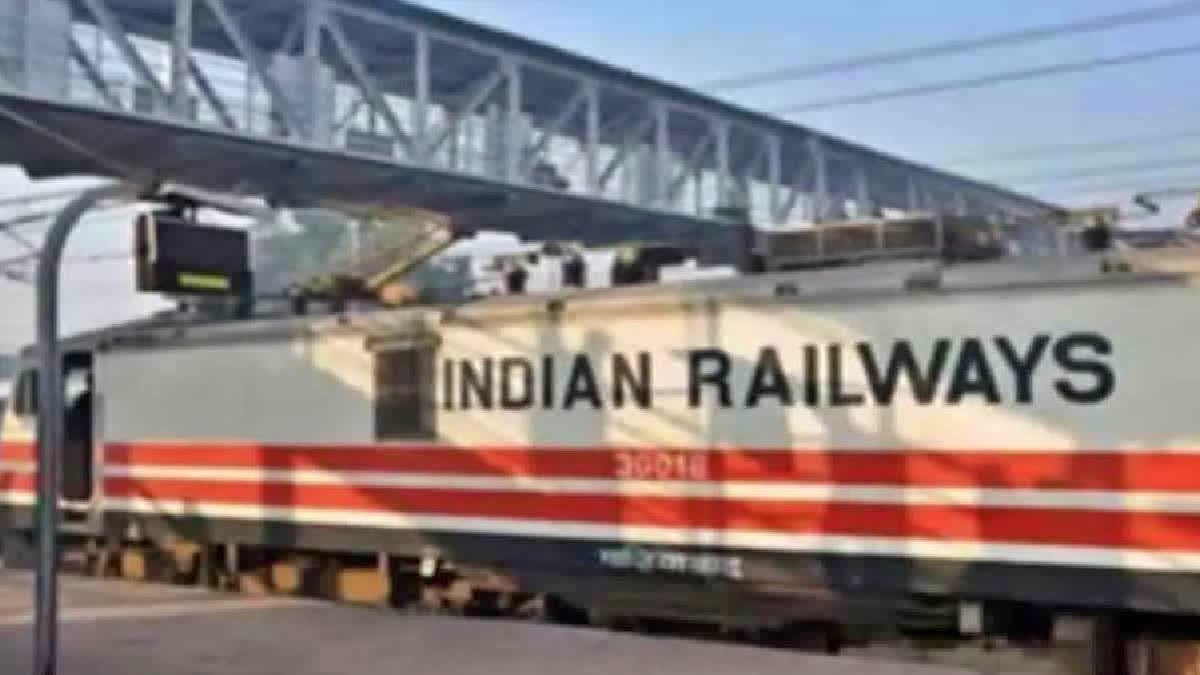New Delhi: In a bid to avoid wild animal collisions with trains to ensure safe rail operation as well as save the mammals, the railways are installing Artificial Intelligence (AI) enabled sensors on tracks to detect the presence of animals on tracks or near them at identified corridor locations.
This advanced system will help to get advance intimation regarding the movement of animals for taking timely action and transmitting alerts to loco pilots, station master and Control Room. The step has been taken to prevent deaths of wild animals on railway tracks and train services got disrupted for a long time after the incidents.
As per the report of the Wildlife Institute of India, around 115 deaths of elephants were reported between 1990 and 2018, and at least 33 elephants between January 2017 and March 2023 due to train hits. In the Northeast Frontier Railway zone, this number has been reported at around 65 from 2014 to 2022.
Since new railway lines have been laid in forest areas or trains passing through habitats of animals, collisions have happened due to wildlife animals crossing tracks. A joint field survey of the Wildlife Institute of India, Forest Department and Indian Railways, was conducted to identify priority railway stretches in the states of Assam, Arunachal Pradesh and Nagaland from March 19-27, 2024 and inspected the railway tracks, which are vulnerable to elephants and where frequent animals crossings were observed, the report stated.
For the safety of both animals and passengers of the train, the railways have taken up the work for the installation of Optical Fiber Cable based Distributed Acoustic Sensors (DAS), which are also known as AI-enabled Intrusion Detection Systems (IDS) for detecting the presence of elephants or other wild animals on track and its close areas at identified corridor locations.
AI sensors will help to get advance intimation regarding the movement of wild animals for taking timely action and transmitting alerts to loco pilots, station master and Control Room. For this purpose, works have been sanctioned for identified corridors of railways with a total of 115 route kilometres (RKM) at a total cost of Rs 208 crore covering Northeast Frontier Railway, East Coast Railway, Southern Railway, Northern Railway, South East Railway, North East Railway, and Western Railway, Union Minister of Railway Ashwini Vaishnaw informed Lok Sabha on Wednesday.
Notably, the work of a total of 582.25 RKM has been awarded covering NFR (141 RKM), ECoR (349.4 RKM), SR (55.5 RKM) and NER (36 RKM) respectively out of which the work has already been commissioned over 141 RKM in Northeast Frontier Railway, Vaishnaw said.



